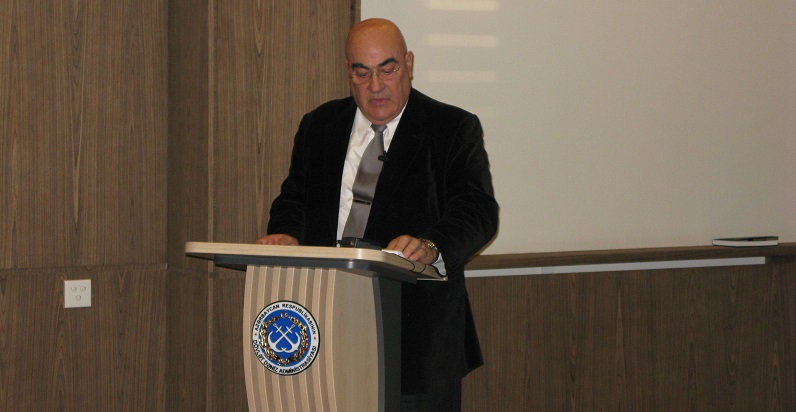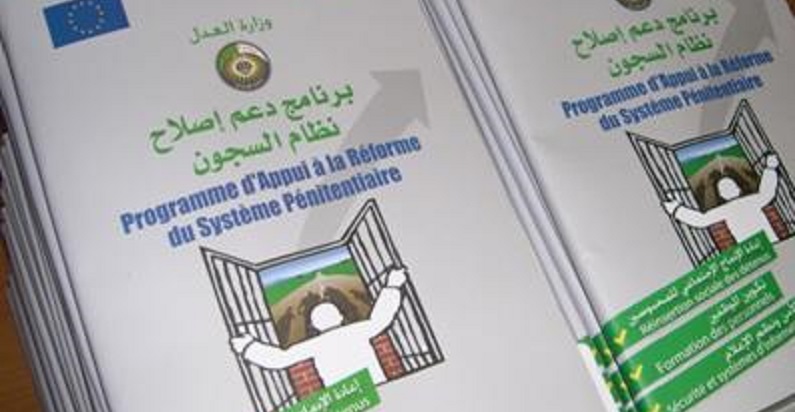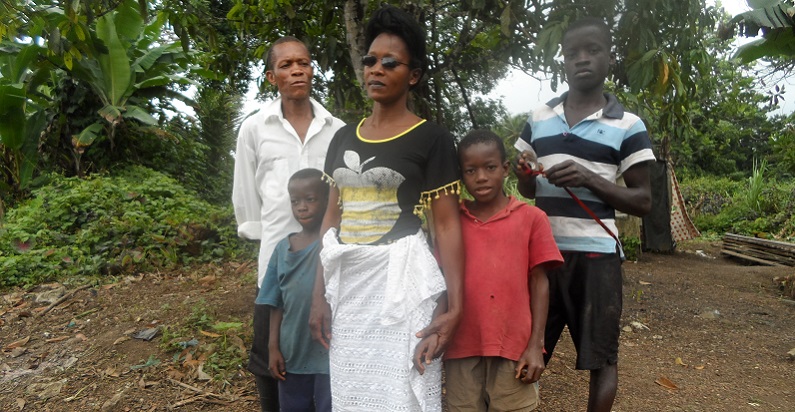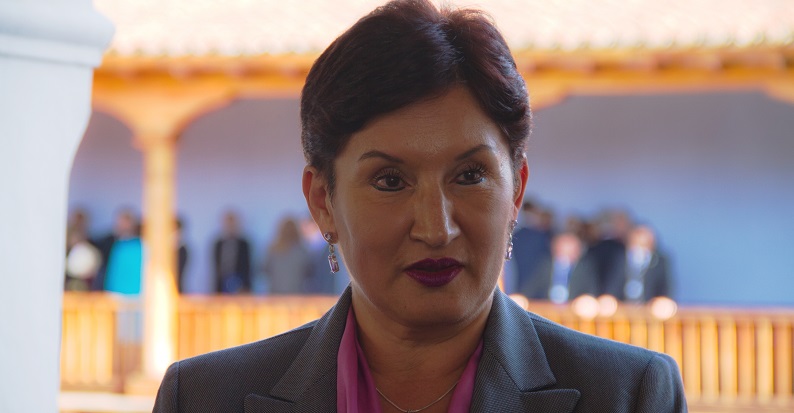THE BLOG OF THE FIIAPP. Spanish cooperation
-
23 September 2014
Category : Interview
Interview with Fernando Collado, Resident Adviser of the "Improving maritime safety and protection of the marine environment" project being led by the FIIAPP in Azerbaijan.

Azerbaijan, which controls 9,500 ships and manages 35 million tonnes of marine traffic, is currently in full swing with the renovation of its maritime legislation system. This country has already signed 26 of the 64 treaties established by the International Maritime Organization, but that doesn't...
-
10 September 2014
Category : Opinion
Hace siete años, la densidad carcelaria en Argelia era de 170 reclusos por cada 100 plazas en centros penitenciarios construidos durante la época colonial (1830-1962). Hoy, es de 150 por cada 100, se cuenta con prisiones que cumplen los estándares internacionales de detención y con un cambio de mentalidad: los centros penitenciarios son lugares para la reinserción social de los reclusos. Este es el resultado de más de un lustro de trabajo, apoyado por un programa financiado por la Comisión Europea (CE) y gestionado por la FIIAPP, para comenzar a reformar el sistema penitenciario del país norteafricano.Seven years ago, prison density in Algeria was 170 inmates for every 100 spaces, and inmates were held in prisons built during the colonial era (1830-1962). Today, it is 150 per 100, and inmates are held in prisons that meet international detention standards. There has been a change in mentality: prisons are places for seeking the social re-integration of inmates. This is the result of more than five years of work, supported by a programme financed by the European Commission (EC) and managed by the FIIAPP, aimed at starting to reform the prison system of this North African country.

“Clearly, prison conditions affect later re-integration into society and prevention of recidivism”, asserts Mercedes Herrera. Prison overcrowding is just the tip of the iceberg of an issue with multiple emergent consequences, such as health and coexis...
-
02 September 2014
Category : Opinion
Cecilia Castillo, representante de la FIIAPP en Bruselas, hace en este artículo una reflexión sobre la ayuda al desarrollo, las diferentes fases por las que ha pasado y cuáles son sus retos para el futuro.In this article, Cecilia Castillo, the FIIAPP representative in Brussels reflects on development aid, the different phases this has passed through and its challenges for the future.

Maximizing the impact of actions oriented towards development and the fight against poverty, as well as aid management based on results and effectiveness, should be habitual practises in international cooperation. However, since the 1990s, multilateral bodies, foreign aid donors and recipien...
-
28 August 2014
Category : Interview
Interview with Thelma Aldana, Attorney General of the Republic of Guatemala, Head of the Public Prosecutor's Office.

The Attorney General of the Republic of Guatemala and Head of the Public Prosecutor's Office, Thelma Aldana, opened the Second Annual EUROsociAL Programme Meeting in Antigua, Guatemala. Taking advantage of her presence, we asked her to answer our questions about the work of EUROsociAL in t...








